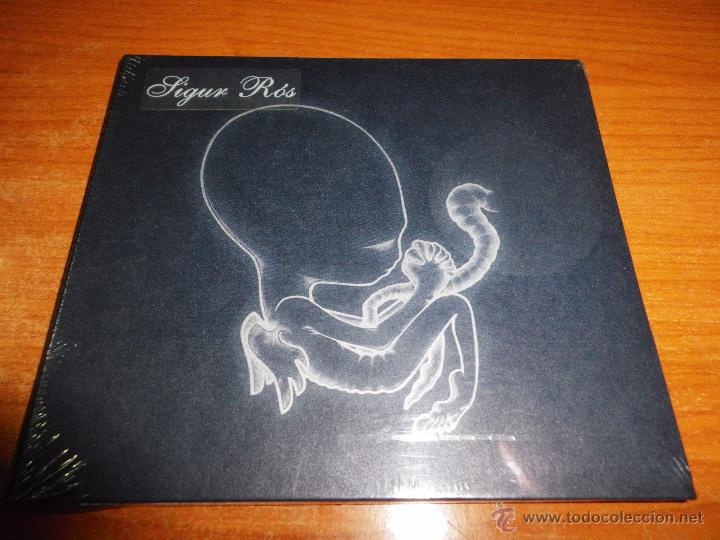

Over his falsetto-laden voice and his delay-heavy guitar work, piles of instruments are precisely layered on one another, preparing a cake of epic proportions - not to mention the outstanding production of the album that underscores the beauty of the album. His voice proves to be one of the most incredibly sincere and honest voices in contemporary music, and propels the songs to an almost theatric level. Elsewhere on the album, "Viðrar Vel Til Loftárása" fades in with its piano driven melody and overflowing string section, melting every ounce of evil in your body.Ī vital element in Sigur Rós' arsenal derives from lead vocalist Jon Thor Birgisson. The short intro slowly morphs into a 10-minute masterpiece, "Svefn-G-Englar", which mainly coasts on the same chord progression, with the exception of a 15 second bridge. The album fades in with multiple harmonized voices, floating above reversed music. Out of the 10 songs, 8 of them are over 6 minutes long, and most of them are even longer. At first it may seem that the songs lack any direction, but after repeated listens you will discover modest climaxes and subtle mood changes within the infrastructure of the drawn out music. The songs on Ágætis Byrjun ("An Alright Start") do not rely on sudden tempo changes or dramatic shifts in chords to keep the listener's attention, but focuses on length and the monotonous chord progressions. The great thing about Sigur Rós is that they make every note in every section count. While these claims may seem a bit overdramatic to the Sigur Rós virgin, there is no doubt in my mind that they are the most capable of quartets in achieving this feat. Many proclaim Sigur Rós to be the first major threat of the 21st Century or hail them as the future of music.

Chances are, by now you have heard at least something about the Icelandic band Sigur Rós ("Victory Róse"). As such, this reissue -which comes in a package as gorgeous as the music itself -serves as a worthy monument to a spectacular album that continues to transcend time, space, and genre in a way that only Sigur Rós are able to do. What’s more -unlike some album reissues -everything gathered here feels essential, rather than just being a collection of material super-fans will get excited about briefly and then forget all about. The highlight of these is the startlingly delicate, slower original version of “Starálfur,” but both the concert and the rare tracks offer an insight into how this band truly came into their own for the very first time.
#Sigur ros ágætis byrjun discography full#
In addition to a booklet that reflects on the story and legacy of the album, and also offers a track-by-track guide to the songs, there are three bonus discs here with a full concert from 1999 as well as a selection of rarities that includes early demos and alternative versions of some of the album’s songs. This anniversary reissue does, however, reveal some of the process behind that magic.

Nothing has been diminished in the intervening years. Thanks to the likes of “Svefn-g-englar” (probably still the band’s best-known song), “Olsen Olsen,” and the title track, this is an album which soars and floats with a beauty that’s as sorrowful as it is life-affirming, as magical as it is emotional. While, ultimately, the band would truly perfect their art with 2002’s third album, ( ), two decades later, Ágætis Byrjun remains a spectacular achievement -one still as startling and groundbreaking today as it was when first released. It was this effort, then -released two years later -that set the Icelandic post-rock outfit on the path to both fame and universal critical acclaim, and which dictated the direction of the sound they would come to be known for. That the title of this second album by Sigur Rós translates to “a new beginning” is very appropriate -for while it was preceded in 1997 by debut full-length Von, that record was essentially made by a different band.


 0 kommentar(er)
0 kommentar(er)
